Introduction Fossil collecting is an exciting activity that allows us to discover remnants of the past and gain a...
Search in blog
Blog categories
Photo gallery
No featured images
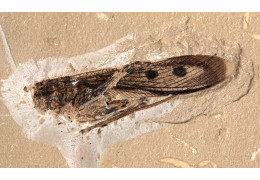
Introduction to Insect Fossils Insect fossils offer a fascinating glimpse into life on Earth millions of years ago. These small creatures, trapped in rock or amber, allow us to understand the evolution and diversity of species over time. In this article, we will explore how insect fossils form, their importance in paleontology, and some remarkable examples.
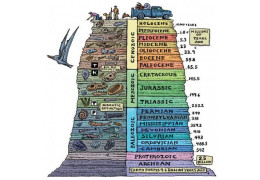
The Age of Fossils and Their Dating Understanding Earth's history through fossils

Introduction Paleontology is the science that studies fossils to understand the history of life on Earth. Many paleontologists have marked this discipline with their revolutionary discoveries. Here is an overview of some of the greatest paleontologists in history.

Fossil Hunting Techniques Fossils offer a fascinating glimpse into prehistoric life. Discovering and studying them requires specific techniques that paleontologists use to find and preserve these ancient treasures.
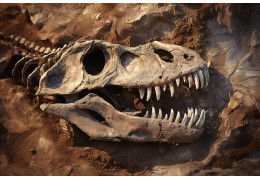
Your ultimate source for authentic fossils Introduction Types of Fossils Buying Tips Fossil Preservation Univers Fossile
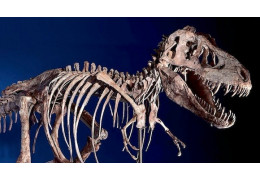
Introduction to Dinosaur Fossils Dinosaur fossils are precious traces of the past, offering a fascinating glimpse into life on Earth millions of years ago. These fossilized remains allow scientists to reconstruct the appearance, behavior, and environment of dinosaurs, majestic creatures that dominated our planet for over 160 million years.
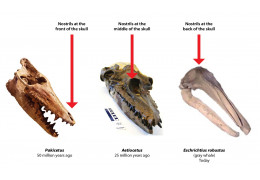
A Dive into Earth's Past Discover how the study of fossils reveals the mysteries of evolution.Table of ContentsIntroduction to Evolution Early Fossil Discoveries How Fossils Form Types of Fossils Fossils and Dating Recent Discoveries Conclusion